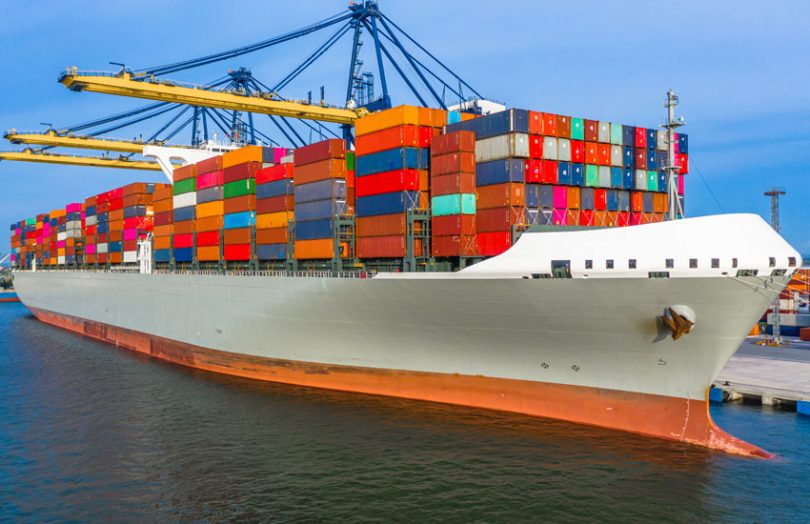On Wednesday the UK government introduced the Electronic Trade Documents Bill. The technology-agnostic Bill provides legal standing to trade documents such as electronic bills of lading (eBL), digital warehouse receipts and digital cargo insurance certificates. These documents are increasingly used by trade finance blockchain platforms such as Contour and komgo.
The legislation had its first of five readings in the House of Lords. After that, it will progress to the House of Commons.
The succinct legislation is not about contracts but the ability to prove ownership over goods, particularly those in transit. For example, a bill of lading dictates who owns the contents of a container. Many of the documents, particularly bills of lading, are critical for certain types of trade finance, such as Letters of Credit.
“The UK was central to establishing the international trade system in the nineteenth century and we are once again leading the world to boost global trade in the twenty-first century,” said Digital Secretary Michelle Donelan.
Despite the pandemic accelerating digitization, last year, just 1.2% of bills of lading were digital, according to the International Chamber of Commerce (ICC). Another blockchain platform Marco Polo drove a project that led to the ICC’s Digital Standards Initiative (DSI), which covers similar topics to the UK’s Bill to ensure global interoperability.
For eBL, the DSI recommends the standard developed by the Digital Container Shipping Association, which in 2020 predicted that digitizing bills of lading could save $4 billion annually if 50% of the market adopts it. IATA introduced e Air Waybills in 2010, which took ten years to reach 68% adoption.
Numerous blockchain projects are targeting trade and trade finance. Examples on the trade front include IBM and Maersk’s TradeLens, the GSBN, CargoX and WaveBL.







